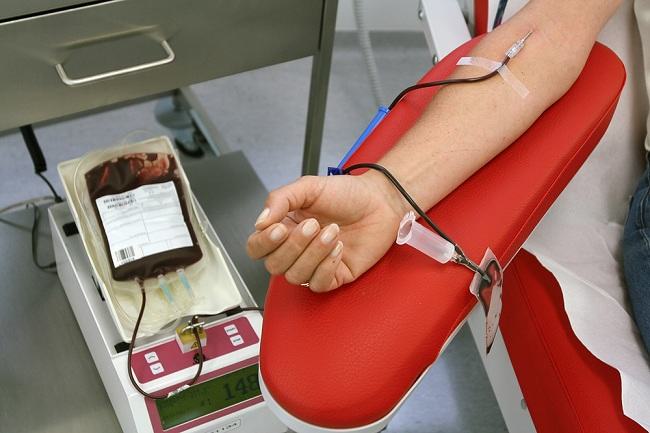During pregnancy, you may have heard myths related to things or taboos that should not be done when pregnant young. The myths are very diverse, ranging from the prohibition of consuming certain foods to having sex. However, is this myth really true?
The emergence of various myths of young pregnant women may be related to the limited medical facilities and equipment, as well as the lack of knowledge about pregnancy in the past.

However, in the modern era that is so sophisticated as it is today, the facilities and knowledge of medical science are increasingly advanced and easily accessible. Sophisticated medical equipment is also very commonly used to monitor the condition of the mother and fetus, determine the sex of the fetus accurately, to detect possible genetic abnormalities in the fetus.
However, the myths surrounding pregnancy that have been passed down from generation to generation are still widely believed by the public and are widely spread.
Know the Myths of Young Pregnant Women
Here are some myths about young pregnant women that we often hear, along with the facts:
Myth 1: Eating durian is dangerous for babies
There is a myth that eating durian can harm the condition of the fetus in the womb. But in fact, durian is classified as safe for pregnant women as long as it is not consumed in excess.
Durian contains antioxidants, protein, folate, vitamin C, fiber, and complex carbohydrates that are good for the health of the mother and fetus. However, this fruit also contains high sugar and calories. Therefore, its consumption should be limited by pregnant women who have diabetes or obesity.
To get complete nutrition, pregnant women are advised not to increase their intake of only one type of food. During pregnancy, you need to eat a variety of nutritious foods for pregnant women and complete with pregnancy vitamins.
Myth 2: Meating pineapple can cause miscarriage
Besides durian, pineapple is also often mentioned in one of the myths of pregnant women because of its effects which are believed to cause early miscarriage. In fact, this still needs to be proven through further research.
Pineapple does contain the enzyme bromelain which can break down protein and trigger bleeding. Although it contains bromelain, it does not mean that pregnant women need to abstain from consuming it for 9 months of pregnancy.
As long as it is consumed in small portions and balanced with a healthy diet, pineapples are not at risk of causing miscarriage.
Myth 3: Mdrinking coconut water is bad for babies
The myths circulating regarding the consumption of coconut water are quite varied. There is a myth that states that drinking coconut water during pregnancy can make babies born with clean skin. Meanwhile, myths in other areas say that drinking coconut water during pregnancy is actually dangerous. now, which myth is true?
In fact, coconut water has many benefits. Thanks to the electrolytes, carbohydrates, sugar, protein, and antioxidants in it, coconut water is actually good for preventing dehydration, increasing energy, and complementing the nutritional needs of pregnant women.
Compared to drinks that contain caffeine, such as coffee or energy drinks, coconut water is indeed much healthier. Even so, that does not mean coconut water can make the skin of the fetus smooth and clean. This myth is still not medically proven.
Myth 4: having sex while pregnant will hurt the fetus
Some pregnant women may feel hesitant to have sex for fear of hurting or harming the fetus. In fact, sexual intercourse during pregnancy is permissible as long as the pregnancy is healthy.
The fetus in the womb is protected by the amniotic sac and fluid, as well as the uterine muscles. Therefore, pregnant women are allowed to have sex, as long as it is not done violently. To be safer, use condoms to protect the mother and fetus from sexually transmitted diseases.
For certain pregnancy conditions, pregnant women are not recommended to have sexual intercourse for a while. So, first consult with your doctor about the safety of having sex during pregnancy.
Myth 5: Pregnant women shouldn't pedi
Maybe many pregnant women have seen posts on social media saying that manicures and pedicures should not be done while pregnant. However, this is just a myth.
Pregnant women can take care of their toenails and hands. This is actually recommended, because during pregnancy, fingernails may grow faster. However, while doing meni-pedi, avoid using nail polish or nail polish which smells sharp because it can make pregnant women feel nauseous.
In addition to the five myths of young pregnant women above, you may have heard of other myths. Remember, do not easily believe without knowing the facts. It's best to ask your obstetrician first, because maybe the myths you hear are wrong.









